Category: Business Technology
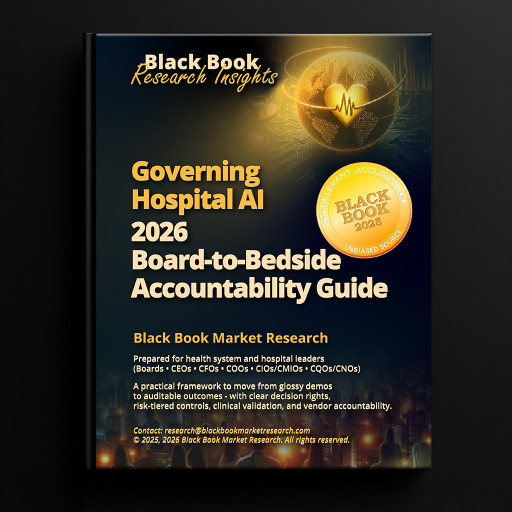
First in a Board-Level Series Guiding Hospitals Toward Safe, Equitable, and ROI-Driven AI Deployment

Black Book survey reveals just 1 in 4 hospitals can fully exchange patient data across national boundaries in Q4 2025

Newly Enhanced Key Performance Indicators Set Industry Standard for Evaluating Revenue Cycle Technology and Managed Service Vendors

Pandemic-Era Boom Fades as Digital Health Founders Warn of Funding Pressures, Operational Overreach, and Growing Demand for Measurable ROI

Independent Investor Poll Highlights Top-Ranked Startups Based on Strategic Growth Potential, Regulatory Readiness, and Clinical Impact Across the Continent

Health Plans and Payers Align Around VBRO Technology to Meet CMS Payment Reform Demands; Top-Rated Vendors Identified for Impactful Results
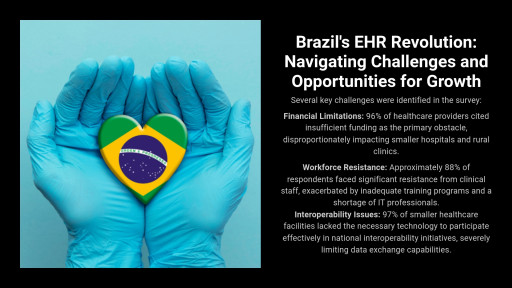
New survey insights from Brazilian healthcare leaders highlight financial, regulatory, and interoperability barriers limiting EHR expansion despite significant investments.


Cerner is recognized as the top-rated inpatient EHR vendor for integrated hospitals and health delivery systems for the second consecutive year in ratings gathered exclusively from departmental clinical, financial, medical, and IT/operational staff members of hospitals, clinics and ancillaries providers. Cerner also was honored with the highest client experience scores in major Academic Medical Center health systems and affiliated providers in 2021, as in 2020.

The healthcare industry's competitive research and survey innovation firm debuts at #601 with an astounding three-year sales growth of 750%
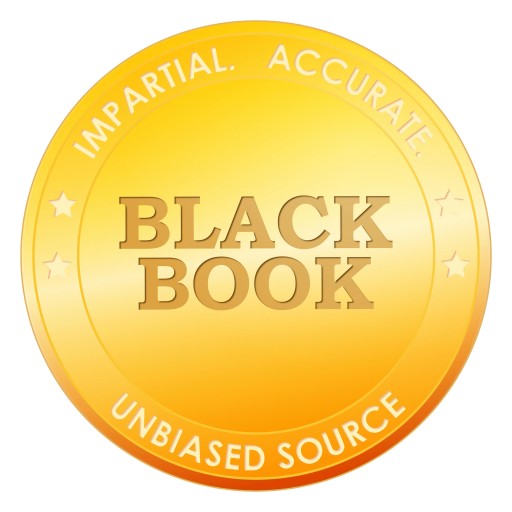
Survey finds 96 percent of existing Paragon users 'confidently optimistic' that Allscripts' acquisition will improve processes and benefit their organizations.
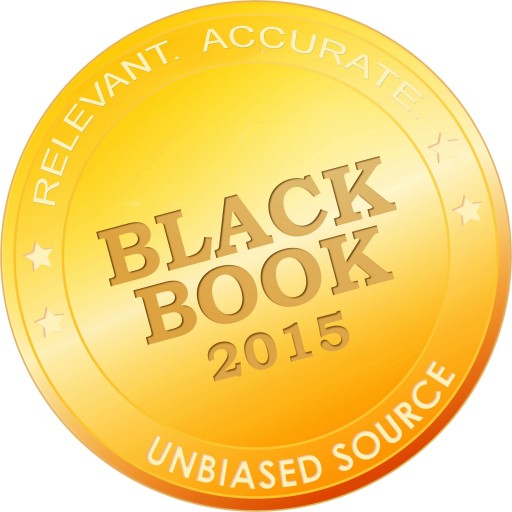
As the healthcare delivery industry deals with technology updates and implementations from ICD-10, EHR issues, physician alignment, big data, interoperability, value-based reimbursement reforms, decision support, revenue cycle, and patient marketplace shifts, hospital leaders embark on the major restructuring of hospital technology priorities and staffing alternatives for survival.

Black Book surveyed 738 emergency department administrative and nursing managers, and 1,104 ED physicians (over half are members of the American College of Emergency Physicians). 89% of ED leaders believe their hospitals rushed to purchase new EHRs and ED systems between 2010 and 2013 for meaningful use dollars, just to see productivity fall, liability rise and connectivity stall.
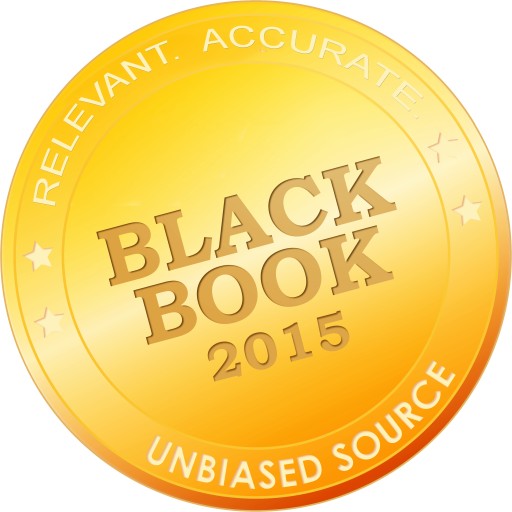
Different times or circumstances call for different leadership skills. As the healthcare industry implements radically innovative technologies, organizations are finding their incumbent senior management teams, regardless if CEOs, CFOs, etc. are lacking a skill set of successful EHR and population health deployments, analytics proficiency, and technology expertise outside of the CIO's office.

Hospital viability is now vulnerably reliant on the success of a single organizational venture: financial system transformation. As the healthcare delivery industry deals with ICD-10, EHR issues, physician alignment, population health, interoperability, value-based reimbursement reforms, and decision support, CFOs embark on the major restructuring of hospital technology priorities for survival.

Three thousand surveyed EHR users narrowed down an elite group of systems vendors across probing key performance indicators, from a crowded field of over 400 primary care-focused software products. Pediatricians, generalists and family practices identify the EHR products that deliver on early adoption successes: implementation, productivity, outcomes, MU achievement, analytics and connectivity.

Surveyed electronic health record users narrowed down an elite group of systems vendors across probing key performance indicators from a field of over 94 ENT-specific and general EHR software firms.
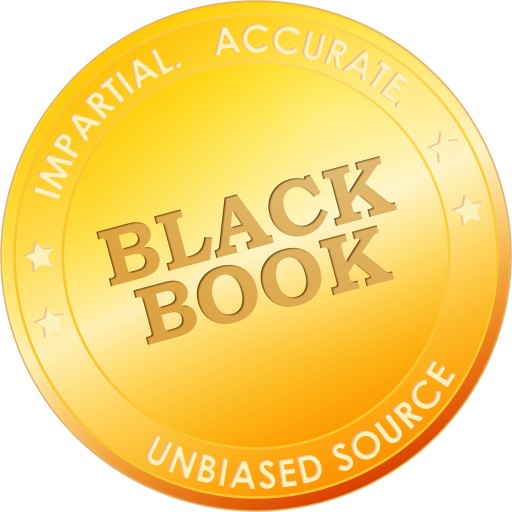
Black BookTM has released annual customer satisfaction rankings of the top ambulatory mobile EHR application in their latest, " 2015 Top Ranked Virtualized and Native Mobile EHR Applications," the most recent in a series of Black Book strategic industry reports focused on the health technology and services markets. Over 6,000 practice management and physician leaders participated in this survey.
Healthcare expenditures are projected to swell past $3.0 trillion by 2020, propelling the accountable care technology industry to deliver systems that align financial incentives and manage risk for providers and payers. Pressures to speed up the migration from a fee-for-service reimbursement system to value-based payment models are confronted by disconnects in clinical and financial data interoperability.
